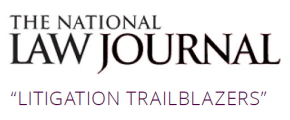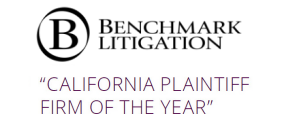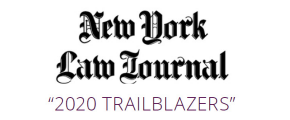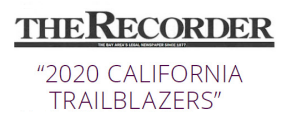Unnecessary Surgery (Heart Stent Implants)
Issue: Fraud in Medicare and Medicaid
Lieff Cabraser is investigating cases of alleged waste, fraud and abuse of the federal Medicare and Medicaid programs, as well state-funded health care programs, due to unnecessary cardiac stent implantations.
Unnecessary Heart Stent Surgery False Claims Cases
In December 2010, the U.S. Senate Finance Committee detailed the case of a physician who reportedly implanted nearly 600 potentially medically unnecessary stents from 2007 through mid-2009 at St. Joseph Medical Center in Towson, Maryland, and his relationship with the manufacturer of the stents, Abbott Labs. The report found that the questionable stent implantations cost the Medicare program $3.8 million during that period. Other similar cases of apparently improper cardiac procedures have been uncovered at medical facilities across the country.
Commenting on the report, U.S. Senator Max Baucus stated, “Hospital patients expect their care to be based on medical need, not profits. Doctors should not be performing invasive medical procedures patients don’t need, and taxpayers certainly shouldn’t be paying for these wasteful and improper implantations.”
From fiscal year 2004 to fiscal year 2009, the Medicare program paid over $25 billion for cardiac stent procedures. Fraud, waste and abuse in the health care system is estimated to cost Americans at least $60 billion a year – three percent of total health care spending.
Unnecessary Defibrillator Implantation
In a December 2010 study published in the Journal of the American Medical Association, the authors examined more than 100,000 cases of implantable cardioverter-defibrillator (or ICDs), and found that in 22.5% of cases patients did not meet expert guidelines that determine when an ICD implant surgery should be performed.
As reported in The New York Times, lead author of the report Dr. Sana Al-Khatib stated, “I’m sure some of these cases were reasonable. The physicians did what they thought was best. But even taking that into account, 22.5 percent is way too high.”
About the False Claims Act and Actions Brought By Whistleblowers
The False Claims Act prohibits persons from defrauding the federal government by knowingly presenting a fraudulent claim for payment. The Act is designed to prevent damages to the U.S. Treasury by causing the U.S. to pay out money it was not obligated to pay. Violations of the False Claims Act can result in judgment against a defendant in an amount equal to three times the amount of damages the U.S. Treasury sustained, plus civil fines.
Contact Us
Lieff Cabraser has an active practice representing whistleblowers in False Claims Act cases (also referred to as Qui Tam cases).
If you are aware of hospital, medical facility or doctors group that has performed unnecessary stent or other wasteful medical procedures, please use the form below to contact a Lieff Cabraser attorney. All inquiries will be held confidential and there is no charge or obligation for our review of your case.
We will review your claim without fee or obligation, and Lieff Cabraser agrees to protect your name and all confidential information you submit against disclosure, publication or unauthorized use to the full extent under the law.









